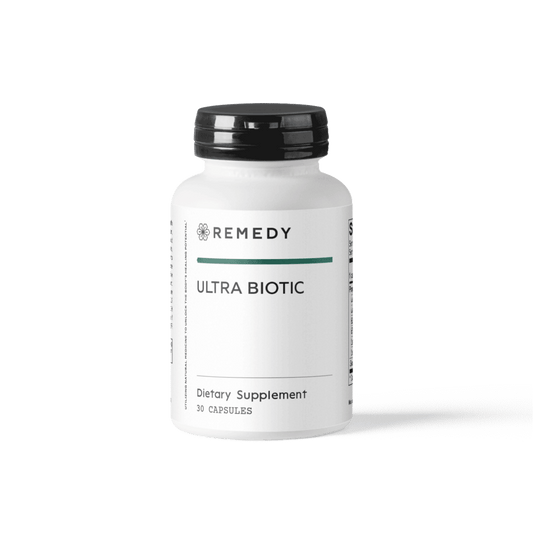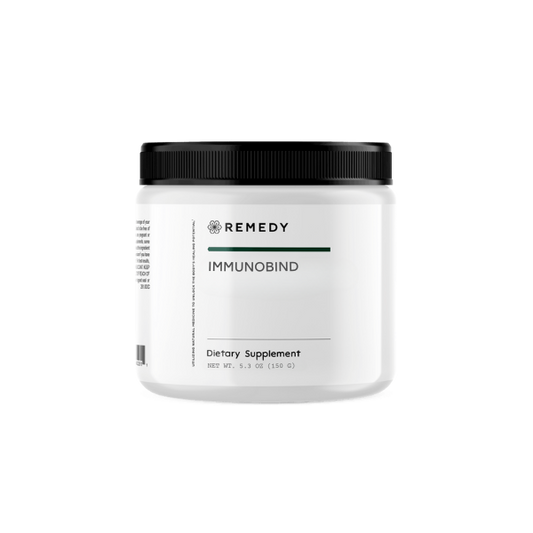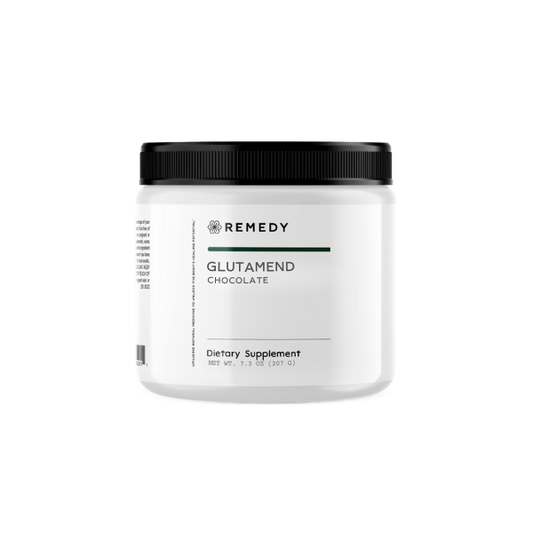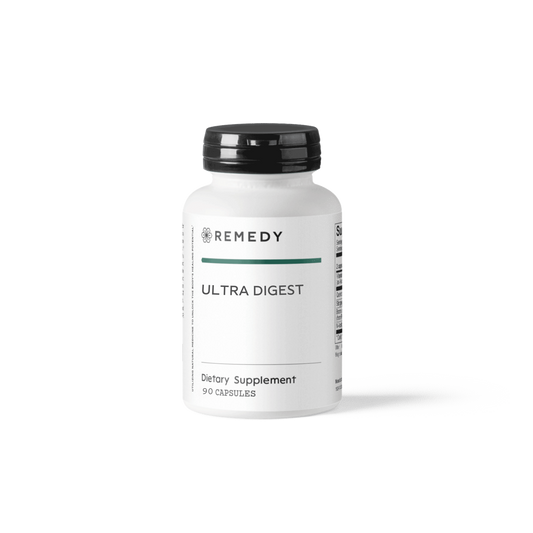When it comes to gut health, many factors can influence the health and integrity of your digestive system. Generally we look at things that affect inflammation, immune system, and microbiome balance.
Two of the major lifestyle aspects that get put on the back burner is focus on healthy stress management and quality sleep.
Increase Stress Resilience
Stress can have a significant impact on your gut health. When you are stressed, your body releases hormones like cortisol, which can disrupt the balance of bacteria in your gut. This imbalance can lead to digestive issues, inflammation, and a weakened immune system. Chronic stress can even contribute to conditions like irritable bowel syndrome (IBS) and inflammatory bowel disease (IBD).
Reducing or removing exposure to stressors or stressful situations is key, however, there are some things in life that cause stress that are unavoidable or not easy to rapidly remove. This is why it is essential to add in daily habits and practices to help combat the negative physical and mental effects of stress and improve overall well-being.
1. Exercise Regularly
Regular physical activity has been shown to reduce stress levels by releasing endorphins, which are known as the body's "feel-good" chemicals. Aim for at least 30 minutes of moderate exercise most days of the week to reap the stress-relieving benefits.
2. Incorporate Prayer or Meditation
Prayer or meditation can help calm the mind and promote relaxation. Taking a few minutes each day to engage in spiritual practices can help reduce stress and improve overall mental clarity.
3. Practice Deep Breathing
Deep breathing exercises can help activate the body's relaxation response, reducing stress and promoting a sense of calm. Try taking slow, deep breaths in through your nose and out through your mouth for a few minutes whenever you feel overwhelmed.
4. Make Time for Self-Care
Self-care activities, such as taking a warm bath, reading a book, enjoying a cup of tea, or spending time in nature, can help reduce stress and promote relaxation. Prioritize self-care in your daily routine to help maintain a healthy work-life balance.
By incorporating these lifestyle changes into your daily routine, you can effectively reduce stress levels and improve your overall well-being. Remember that managing stress is essential for maintaining a healthy mind and body.
Improve Sleep Quality
Sleep is essential for overall health, including gut health. During sleep, your body repairs and regenerates cells, including those in your digestive system. Poor sleep habits can disrupt this process, leading to imbalances in gut bacteria and increased inflammation. Aim for 7-9 hours of quality sleep each night to support a healthy gut.
1. Establish a Consistent Sleep Schedule
One of the most important factors in getting better sleep is maintaining a consistent sleep schedule. Try to go to bed and wake up at the same time every day, even on weekends. This helps regulate your body's internal clock and can improve the quality of your sleep.
2. Create a Relaxing Bedtime Routine
Developing a relaxing bedtime routine can signal to your body that it's time to wind down and prepare for sleep. Consider activities like reading a book, taking a warm bath, drinking herbal tea, or practicing relaxation techniques like deep breathing or meditation.
3. Avoid Stimulants Before Bed
Avoiding stimulants like caffeine close to bedtime can help improve your sleep quality. These substances can interfere with your ability to fall asleep and stay asleep. Opt for herbal tea instead.
4. Limit Screen Time Before Bed
The blue light emitted by screens on electronic devices can disrupt your body's production of melatonin, a hormone that regulates sleep. Try to limit screen time at least a one to two hours before bed to improve your sleep quality.
5. Exercise Regularly
Regular physical activity can help you fall asleep faster and enjoy deeper sleep. Aim for at least 30 minutes of moderate exercise most days of the week. Just be sure to avoid vigorous exercise close to bedtime, as it can be stimulating.
6. Optimize Your Sleep Environment
Your sleep environment plays a significant role in the quality of your sleep. Make sure your bedroom is cool, dark, and quiet. Invest in a comfortable mattress and pillows to support a good night's rest.
By making these lifestyle changes, you can improve your sleep duration and quality, leading to better overall health and well-being. Remember, quality sleep is essential for a healthy lifestyle.







